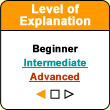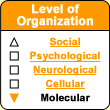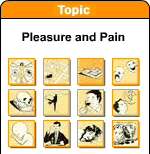The term “psychoactive substances” includes all substances that affect the brain–not only legal, non-prescription drugs such as alcool and tobacco) and illegal drugs such as cannabis and heroin), but also prescription medications such as Valium and other tranquilizers and Prozac and other antidepressants.
In scientific language, a drug and a medication are the same thing.
But in layperson’s language, “drugs” can mean either psychotropic “street” drugs taken under illicit circumstances or prescription medications taken for therapeutic or preventive purposes. “Medication” or “medicine” refers only to the latter.
|





